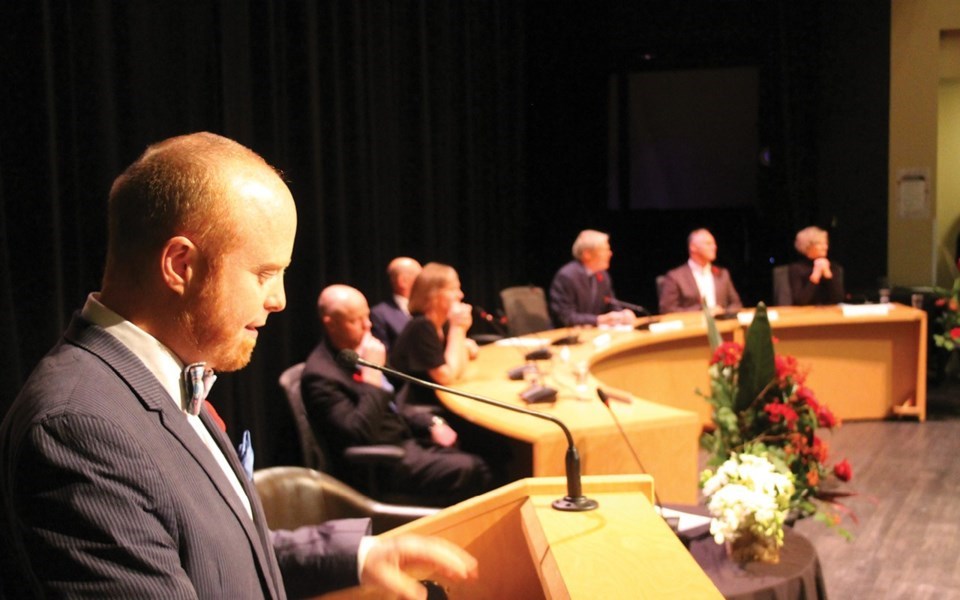While more than 500 communities across Canada have passed resolutions declaring a climate emergency—including more than 30 in B.C.—the Resort Municipality of Whistler (RMOW) has yet to follow suit.
It’s an interesting anomaly for a community that prides itself on being a leader, and a question raised by Councillor Cathy Jewett after a presentation at the April 20 council meeting.
The short answer from municipal staff’s perspective is that Whistler has already recognized the importance of climate action by signing on to things like the Partners for Climate Protection (PCP) program (and was the first community to reach the national program’s final milestone, all the way back in 2007) and the B.C. Climate Action Charter.
“The climate emergency is a similar thing; in and of itself making the declaration of the emergency is very similar, in my mind, to making the commitments towards the Climate Action Charter and PCP before,” said general manager of corporate and community services Ted Battiston, adding that staff felt its energies “were better spent on actual policy changes, actual projects, rather than restating what we felt we had already stated twice before over the last 15 or 25 years.”
That said, it is “certainly council’s purview to reconsider that and make a statement, if that was important to it,” Battiston said.
The argument made sense to Jewett, “but I can also see that lending our voices to the other municipalities would be a very important show of support,” she said.
“Perhaps we could look upon it as renewing our vows.”
Coun. Arthur De Jong also supported making the declaration.
“If the community gets an uplift from it, let’s do it, but to Mr. Battiston’s points, we went through a [Community Energy and Climate Action Plan], we developed our Big Moves [Strategy], I mean, we declared war on climate,” De Jong said.
“We’ve been in the trenches a long time, and emotionally, if that can give us more energy on climate, and moving forward the Big Moves, great. Let’s do it.”



